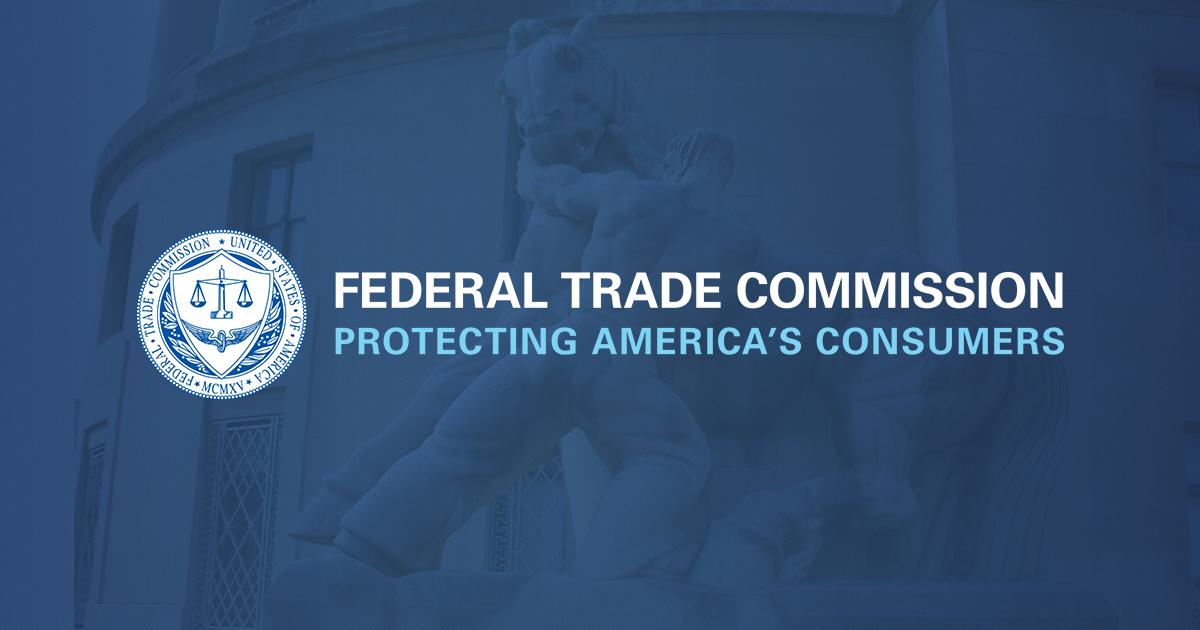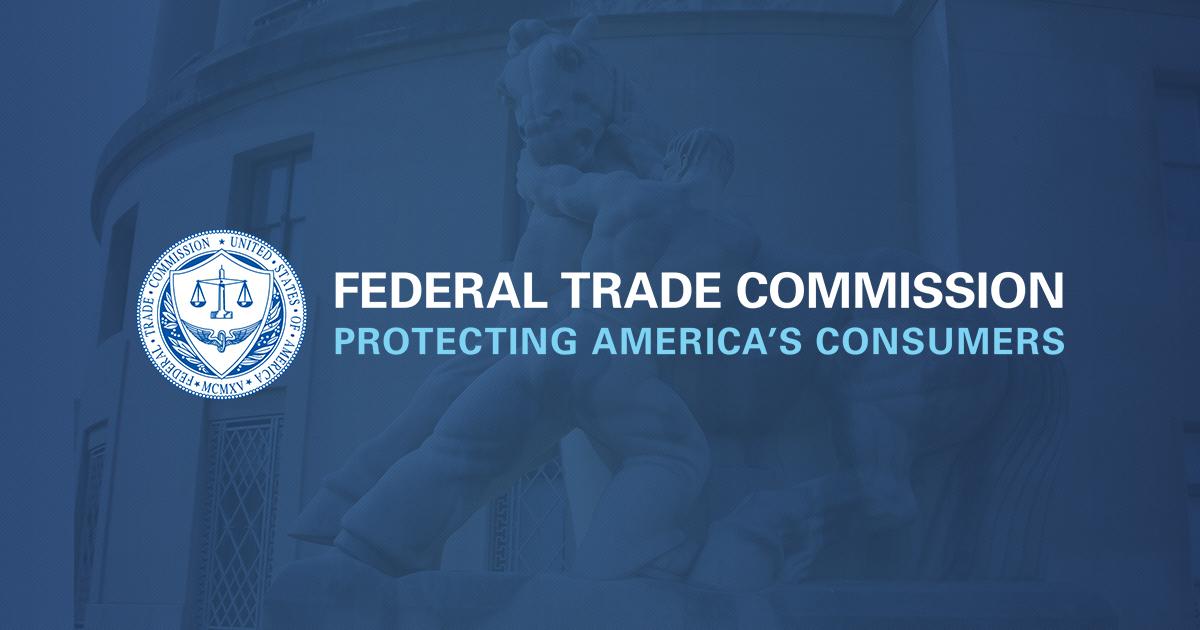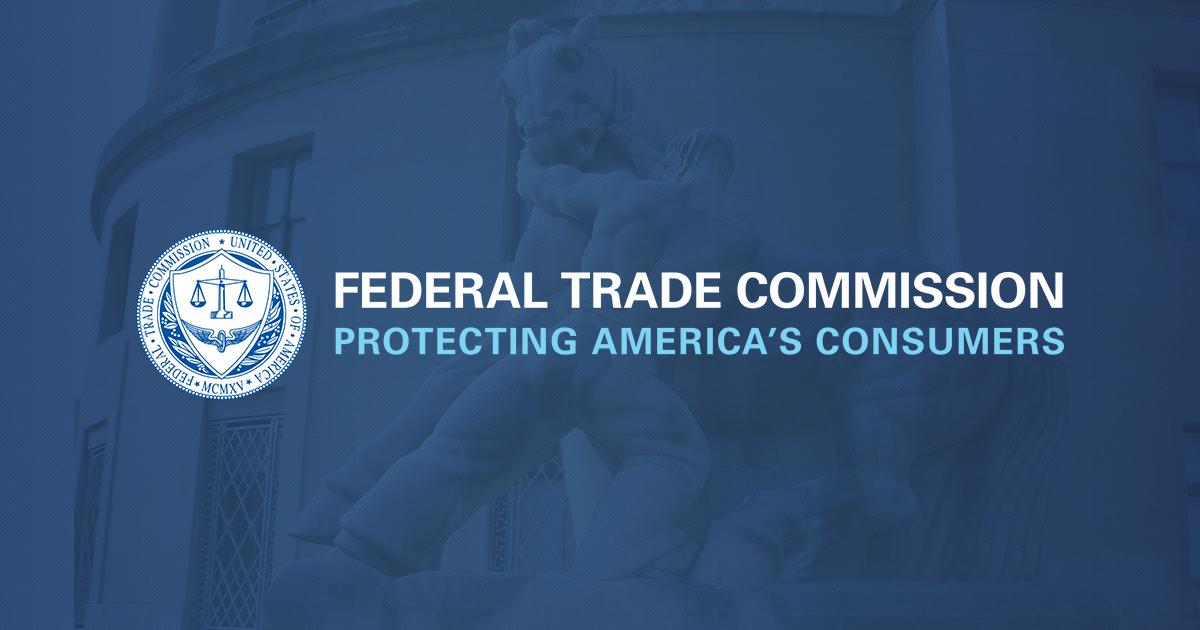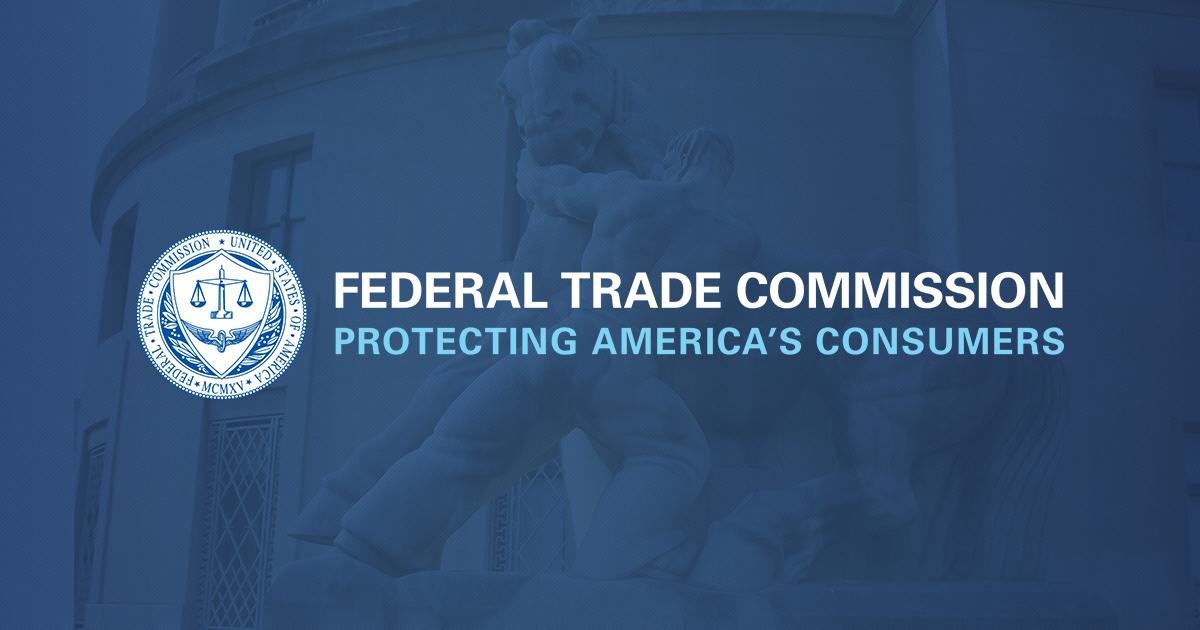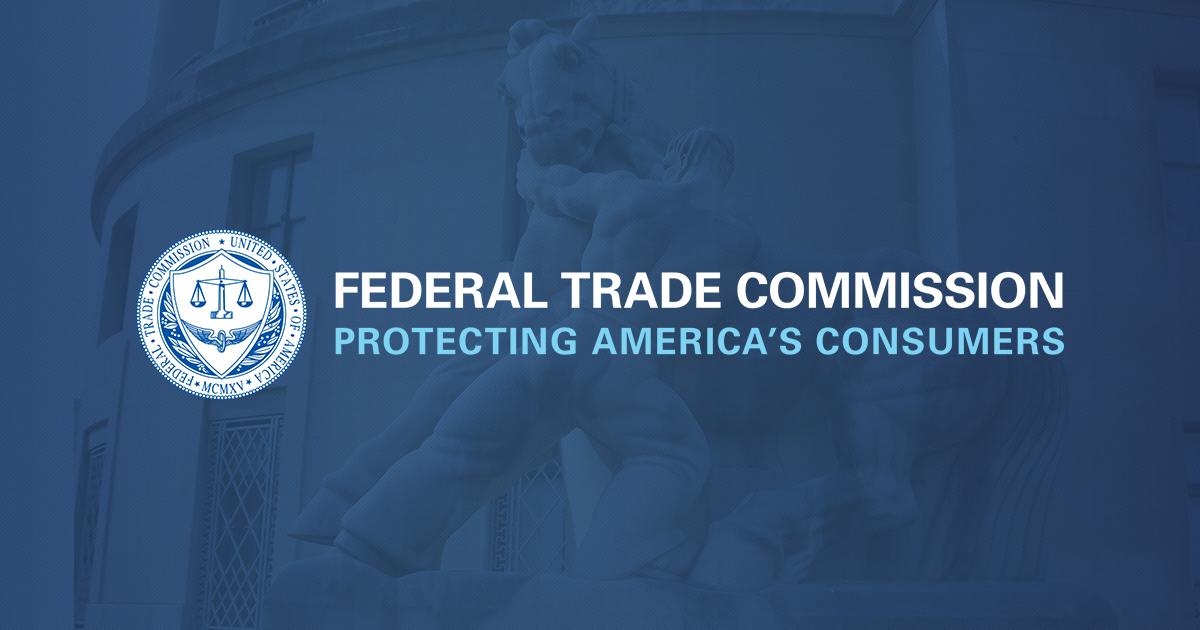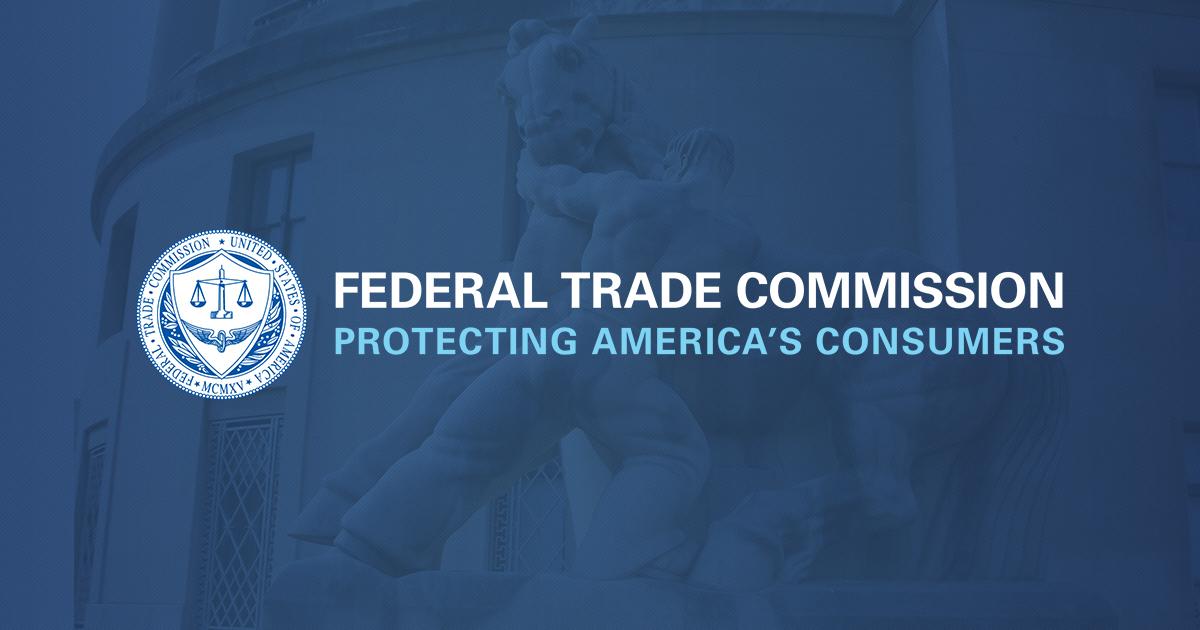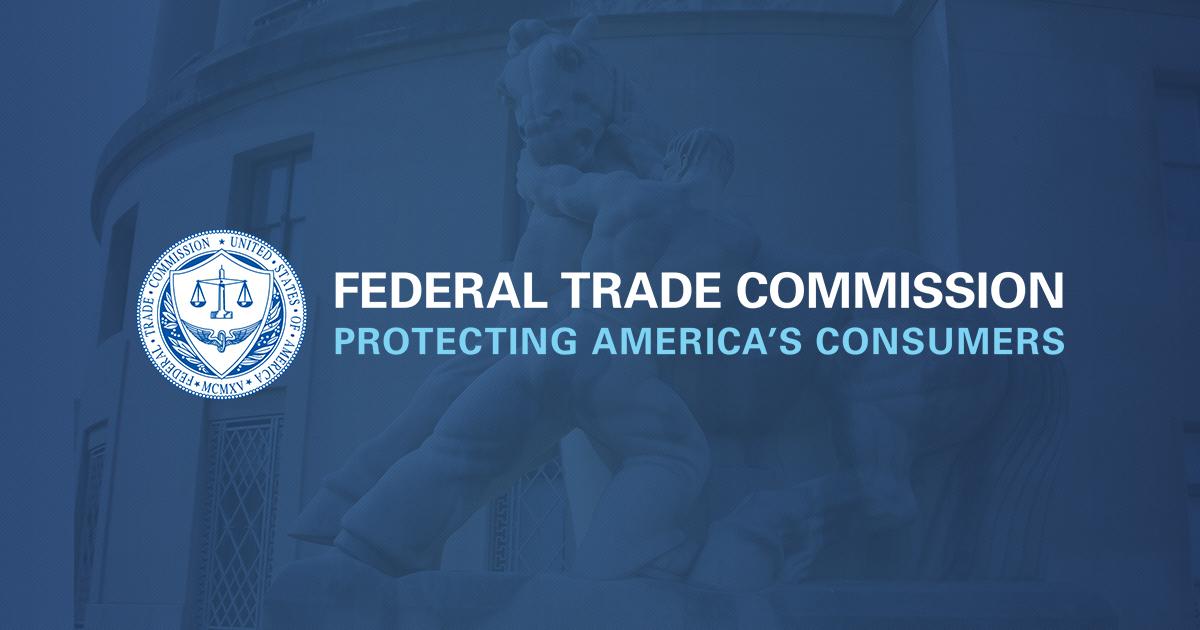Business Opportunity Scheme Operators Banned from Telemarketing and Selling Investment Opportunities; Will Return Millions to Consumers
The operators of a telemarketing scheme charged with bilking millions of dollars from consumers, many of whom are seniors or military veterans on fixed income, will pay approximately $7.5 million in consumer redress under a settlement with the Federal Trade Commission.
The stipulated final order also prohibits the defendants – who operated under names such as Building Money, Prime Cash, Wyze Money, and Titan Income – from telemarketing, marketing investment opportunities, and selling or otherwise benefiting from consumers’ personal information.
In October 2016, the FTC filed a federal court complaint alleging that the defendants sold bogus online investment opportunities to people across the nation. The descriptions of the “opportunity” varied, but typically involved buying or investing in e-commerce related websites, or participating in a profit-sharing program involving credit card companies and e-commerce websites. The defendants got hefty payments from consumers – some exceeded $20,000. At the FTC’s request, a federal court halted the scheme and froze the defendants’ assets pending litigation.
The FTC’s complaint names the scheme’s owners, Susan Rodriguez, Matthew Rodriguez and William “Matt” Whitley, and their companies, Advertising Strategies LLC, Internet Advertising Solutions LLC, Internet Resource Group Inc., Network Advertising Systems LLC, Network Professional Systems LLC and Network Solutions Group Inc. They are charged with violating the FTC Act and the Telemarketing Sales Rule, including calling numbers on the National Do Not Call Registry.
The stipulated final order imposes a $25 million judgment, partially suspended upon the defendants’ surrender of assets. The full judgment will become due immediately if they have misrepresented their financial condition.
The Commission vote approving the stipulated final order was 2-0. The U.S. District Court for the District of Arizona entered the order on March 8, 2017.
NOTE: Stipulated final orders have the force of law when approved and signed by the District Court judge.
To learn more, read the FTC’s information on Business Opportunity Scams and on Investment Risks.
The Federal Trade Commission works to promote competition, and protect and educate consumers. You can learn more about consumer topics and file a consumer complaint online or by calling 1-877-FTC-HELP (382-4357). Like the FTC on Facebook, follow us on Twitter, read our blogs and subscribe to press releases for the latest FTC news and resources.
FTC Staff Comment on Ohio State Legislative Effort to Enhance Access to Dental Care
Federal Trade Commission staff submitted a comment to the Ohio State Senate on proposed legislation that would broaden dental hygienists’ ability to work without a supervising dentist on-site, and provide for the licensure of dental therapists, a relatively new type of “mid-level” provider who offers some of the same basic services offered by dentists.
In response to Ohio State Senator Peggy Lehner’s request, staff of the FTC’s Office of Policy Planning and its Bureaus of Competition and Economics submitted the comment on the likely competitive impact of Senate Bill 330 (SB 330).
The comment stated that S.B. 330’s general supervision provisions could benefit consumers by increasing choice, competition and access to care, especially for those who are underserved. As the bill is currently drafted, however, those benefits would depend on how often supervising dentists authorize general supervision of dental hygienists and therapists in mandatory written supervision agreements.
To ensure that Ohio consumers fully benefit from the bill’s general supervision provisions, the comment suggested that legislators consider whether requiring a dentist to authorize general supervision is necessary to address any legitimate and substantiated health and safety concerns, and whether a less restrictive alternative might achieve such goals without unduly burdening competition.
The comment also stated that licensure of dental therapists could benefit consumers by enhancing competition, reducing prices, and expanding access to dental services. However, the bill would limit these potential benefits by allowing dental therapists to practice only in certain underserved settings. “This restriction would prevent many patients in Ohio from obtaining lower-cost and more accessible dental care from a dental therapist,” the comment stated.
Thus, while the comment supported the proposed licensure of dental therapists, it encouraged Ohio legislators to consider less restrictive alternatives to its requirement that dental therapists practice only in underserved settings. Such alternatives could be equally, or perhaps more, effective in encouraging dental therapists to enter the profession and provide care to the underserved and others who want to obtain care from a dental therapist.
The Commission vote to issue the staff comment was 2-0. It was sent to Ohio State Senator Peggy Lehner on March 7, 2017. (FTC File No. V170003; the staff contact is Karen A. Goldman, Office of Policy Planning, 202-326-2574).
The Federal Trade Commission develops policy initiatives on issues that affect competition, consumers, and the U.S. economy. Like the FTC on Facebook, follow us on Twitter, read our blogs, and subscribe to press releases for the latest FTC news and resources.
FTC Testifies Before House Committee About Data Security and Small Businesses
The Federal Trade Commission told the House Small Business Committee today that the agency is committed to protecting consumers and educating small businesses on ways to keep consumer data secure.
Testifying on behalf of the Commission, Acting Chairman Maureen K. Ohlhausen outlined the Commission’s efforts to protect consumers and help small businesses take steps to secure consumer data.
“Failing to take reasonable precautions to secure data from identity thieves and other malicious actors hurts consumers and legitimate businesses alike,” Acting Chairman Ohlhausen said in her written testimony. “Data breaches can harm a business’s financial interests and reputation as well as result in the loss of consumer confidence in the businesses to whom they entrust their data. In the case of small businesses, a data breach can be devastating.”
Since 2001, the Commission has taken action in approximately 60 cases against businesses that it charged with failing to provide reasonable and appropriate protections for consumers’ personal information.
Acting Chairman Ohlhausen told the committee that FTC staff is working to provide the public with more information about the data security cases it closes. She said that such information would provide businesses, particularly small firms, with additional examples of what practices contribute to reasonable data security.
She also outlined the FTC’s extensive efforts to educate business and consumers on data security through blog posts, published guides, videos and workshops. In particular, the Commission provides businesses with user-friendly information to help them protect data in their care and understand what practices may run afoul of the FTC Act.
The Commission provides general business education about security issues, as well as specific guidance on emerging threats, such as tips to prevent phishing scams and ransomware. FTC guides for businesses on data security include the Protecting Personal Information: A Guide for Business, which was updated in November, and the Data Breach Response: A Guide for Business, which outlines steps businesses should follow when they experience a data breach.
One of the FTC’s most recent efforts is its Start with Security initiative, which includes a guide for businesses that summarizes the lessons learned from the FTC’s data security cases, as well as several short videos. These materials discuss 10 important security topics and give advice about specific security practices for each topic. As part of this initiative, the FTC hosted events across the country to bring business owners and app developers together with industry experts to discuss practical tips and strategies for implementing effective data security.
The Commission vote approving the testimony and its inclusion in the formal record was 2-0.
The Federal Trade Commission works to promote competition and protect and educate consumers. You can learn more about consumer topics and file a consumer complaint online or by calling 1-877-FTC-HELP (382-4357). Like the FTC on Facebook, follow us on Twitter, read our blogs and subscribe to press releases for the latest FTC news and resources.
Distributor of Pulley Block Systems Settles with FTC, Agrees to Drop Misleading ‘Made in USA’ Claims
A Texas-based distributor of pulley block systems will stop making misleading unqualified claims that its products are made in the United States, under a settlement with the Federal Trade Commission.
In its complaint against Block Division, Inc., the FTC alleges that the company deceived consumers with false, misleading, and unsupported claims that its pulley blocks and other products are “Made in USA.”
According to the complaint, for a period of several years, Block Division’s pulleys featured imported steel plates that entered the United States from overseas already stamped “Made in USA.” The complaint also alleges that Block Division used unqualified “Made in USA” claims in advertising on its website, in stores, through trade shows and authorized dealers, on social media, and through flyers and pamphlets to represent that these pulley blocks, other products, and the parts used to make them, were all or virtually all made in the United States. In fact, the complaint states, Block Division’s pulley blocks and other products include significant imported parts, which are essential to the function of those products.
“Consumers have the right to know that they can trust companies to be truthful when it comes to ‘Made in USA’ claims,” said Acting FTC Chairman Maureen Ohlhausen. “This is an important issue for American business and their customers, and the FTC will remain vigilant in this area.” This is the FTC’s second Made in USA case in five weeks.
The stipulated final order prohibits Block Division from making unqualified “Made in USA” claims for any product unless it can show that the product’s final assembly or processing – and all significant processing – take place in the United States, and that all or virtually all ingredients or components of the product are made and sourced in the United States. Under the order, any qualified Made in USA claims must include a clear and conspicuous disclosure about the extent to which the product contains foreign parts, ingredients, and/or processing.
Block Division also is prohibited from making any country-of-origin claims about its products unless the claims are true and not misleading, and unless the company has a reasonable basis for making them.
The Commission vote to issue the complaint and accept the proposed consent order was 2-0. The FTC will publish the consent agreement package in the Federal Register shortly. The agreement will be subject to public comment for 30 days, beginning today and continuing through April 7, 2017, after which the Commission will decide whether to make the proposed consent order final. Comments can be filed electronically or in paper form by following the instructions in the “Supplementary Information” section of the Federal Register notice.
NOTE: The Commission issues an administrative complaint when it has “reason to believe” that the law has been or is being violated, and it appears to the Commission that a proceeding is in the public interest. When the Commission issues a consent order on a final basis, it carries the force of law with respect to future actions. Each violation of such an order may result in a civil penalty of up to $40,654.
The FTC’s Enforcement Policy Statement on U.S. Origin Claims provides further guidance on the Made in USA standard.
The Federal Trade Commission works to promote competition, and protect and educate consumers. You can learn more about consumer topics and file a consumer complaint online or by calling 1-877-FTC-HELP (382-4357). Like the FTC on Facebook, follow us on Twitter, read our blogs and subscribe to press releases for the latest FTC news and resources.
FTC to host FinTech Forum on March 9 on Artificial Intelligence and Blockchain Technology
The Federal Trade Commission will host its third FinTech forum on Thursday, March 9 in Berkeley, California, focusing on artificial intelligence and blockchain. The event is free and open to the public. It will be webcast live at https://www.youtube.com/citris/live. More details can be found on the event’s web page.
| WHAT: | FinTech Forum on Artificial Intelligence and Blockchain Technology |
| WHO: | Panels with representatives from industry, consumer advocacy groups, governmental agencies, and researchers, moderated by Federal Trade Commission staff. |
| WHEN: | Thursday, March 9 from 9:00 a.m. to 12:30 p.m. Pacific Time
(Registration begins at 8:00 a.m. Pacific Time) |
| WHERE: | University of California, Berkeley Banatao Auditorium, 310 Sutardja Dai Hall Berkeley, CA 94720-7200 |
FTC Reaches Settlement With Nationwide Debt Relief Provider
A debt relief company and its principals who allegedly misled consumers and charged illegal advance fees will be banned from those practices under a settlement with the Federal Trade Commission.
According to the FTC’s complaint, United Debt Counselors LLC exaggerated how much money people would save using its services. The company’s direct mail ads, which reached up to 100,000 consumers per week, looked like official documents from a bank or attorney, and claimed that typical customers would have their credit card debt cut in half and become debt-free within 36 months.
The defendants allegedly repeated similar claims on their website and by phone when consumers called in response to the mail. They claimed a high success rate and asserted that consumers rarely dropped out of their program. The defendants also claimed they provided consumers with a special savings account that only consumers could control, but according to the FTC, the defendants removed monthly fees from the accounts.
The FTC alleged that consumers who wanted to buy the debt relief services were told they had to meet with an experienced sales representative, but instead the defendants sent notaries public, who had scant product knowledge, to show a sales video and witness contract signings. The defendants typically charged advance fees before they negotiated any savings on credit card debts. Such advance fees violate the FTC’s Telemarketing Sales Rule (TSR) unless consumers first meet face-to-face with a knowledgeable sales representative who can fully describe the program and answer questions.
According to the FTC, fewer than half of those who bought the services completed the program, and even fewer were debt-free at the end of 36 months.
The defendants are United Debt Counselors LLC, also known as United Debt Services LLC and also doing business as Department of Negotiations; David Melrose; Kirk Lanahan and Corinne Maples.
Under a stipulated order, the defendants are banned from making misrepresentations about debt relief and other financial products or services, and making unsubstantiated claims about any products or services. They can charge advance fees only if they comply with the TSR; sales persons making face-to-face sales presentations must have authority to discuss material terms, they must do so in specific detail, and they must be able to answer consumers’ questions. The order imposes a $9 million judgment that represents the amount of alleged harm to consumers. It will be partially suspended upon payment of $510,000. The full judgment will become due immediately if the defendants are found to have misrepresented their financial condition.
The FTC has previously instructed debt relief companies that representations about debt relief services are deceptive unless all consumers are included in the calculations, and it has warned businesses not to engage in sham face-to-face presentations. To learn more, read Debt Relief Services & the Telemarketing Sales Rule: A Guide for Business.
The Commission vote authorizing the staff to file the complaint and stipulated final order was 2-0. The FTC filed the complaint and final order in the U.S. District Court for the Eastern District of Texas, Sherman Division.
NOTE: The Commission files a complaint when it has “reason to believe” that the law has been or is being violated and it appears to the Commission that a proceeding is in the public interest. Stipulated final injunctions/orders have the force of law when approved and signed by the District Court judge.
The Federal Trade Commission works to promote competition, and protect and educate consumers. You can learn more about consumer topics and file a consumer complaint online or by calling 1-877-FTC-HELP (382-4357). Like the FTC on Facebook, follow us on Twitter, read our blogs and subscribe to press releases for the latest FTC news and resources.
Statement from Federal Trade Commission’s Bureau of Competition Acting Director on District Court Ruling to Enjoin Advocate/NorthShore Hospital Merger
“The FTC is delighted with today’s district court ruling, which enjoined this merger, and the parties’ subsequent decision to abandon the transaction,” said Tad Lipsky, Acting Director of the Federal Trade Commission’s Bureau of Competition. “Advocate and NorthShore’s merger would likely have reduced the quality, and increased the cost, of health care for residents of the North Shore area of Chicago.”
FTC Offers Tips for Businesses Impersonated as part of a Phishing Scam
Think consumers are the only ones harmed by phishing scams? It’s not just a problem for computer users but also for the businesses that the scammers are impersonating. And people who have been scammed may look to the business that was impersonated for help.
The Federal Trade Commission has long provided advice to consumers about steps they can take to avoid phishing scams. Today, the FTC released tips and a video for businesses on how to respond if they are impersonated as part of a phishing scam. Among the steps businesses should take include notifying customers as soon as possible through social media, email or letters; contacting law enforcement; providing resources for affected consumers; and reviewing the company’s security practices.
The Federal Trade Commission works to promote competition and protect and educate consumers. You can learn more about consumer topics and file a consumer complaint online or by calling 1-877-FTC-HELP (382-4357). Like the FTC on Facebook, follow us on Twitter, read our blogs and subscribe to press releases for the latest FTC news and resources.
FTC Approves Final Order Settling Charges that Puerto Rico Ophthalmologist Group Agreed to an Illegal Boycott of Health Plan
Following a public comment period, the Federal Trade Commission has approved a final order settling charges that OFTACOOP, a Puerto Rican ophthalmologist cooperative, unlawfully orchestrated an agreement among competing ophthalmologists to refuse to deal with a health plan, MCS Advantage, Inc., and its network administrator, Eye Management of Puerto Rico, LLC.
First announced in January 2017, the complaint alleged that OFTACOOP’s concerted refusal to deal forced MCS to abandon its plan to engage Eye Management to create a lower-cost network of ophthalmologists. MCS was also forced to maintain its then-current reimbursement rates paid to ophthalmologists. According to the complaint, OFTACOOP – also known as Cooperativa de Médico Oftalmólogos de Puerto Rico – restrained competition without any justification, in violation of federal antitrust law.
The order prohibits OFTACOOP from making or facilitating agreements among ophthalmologists to refuse to deal, or threaten to refuse to deal, with any payor regarding any term, including price terms; or to not deal individually with any payor, or with any payor other than through OFTACOOP.
The Commission vote approving the final order was 2-0. (FTC File No. 141 0194; the staff contact is Synda Mark, Bureau of Competition, 202-326-2353.)
The Federal Trade Commission works to promote competition, and protect and educate consumers. You can learn more about how competition benefits consumers or file an antitrust complaint. Like the FTC on Facebook, follow us on Twitter, read our blogs and subscribe to press releases for the latest FTC news and resources.

